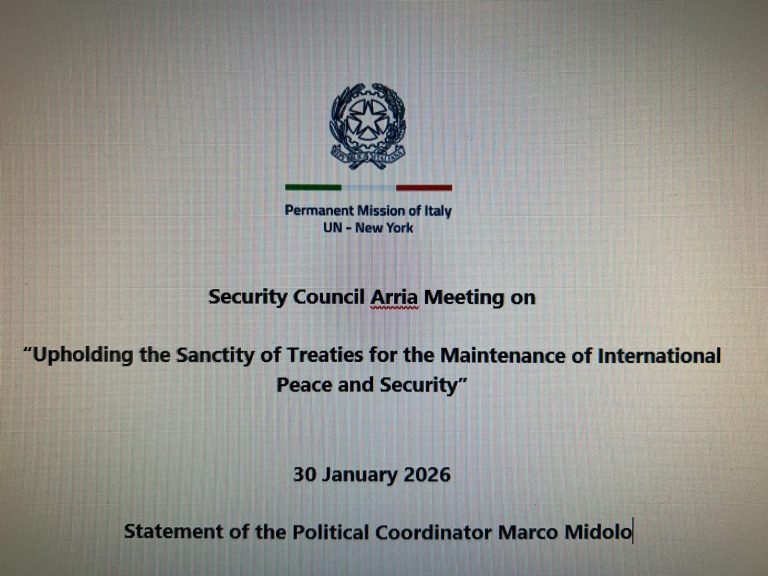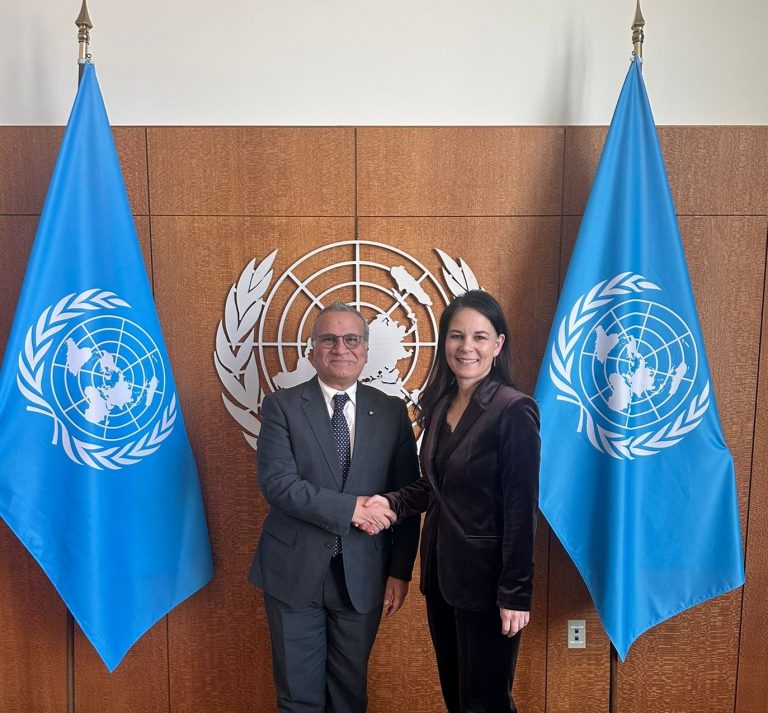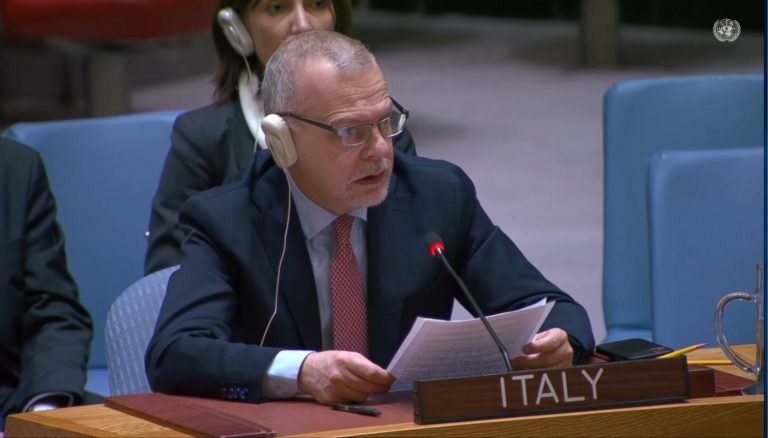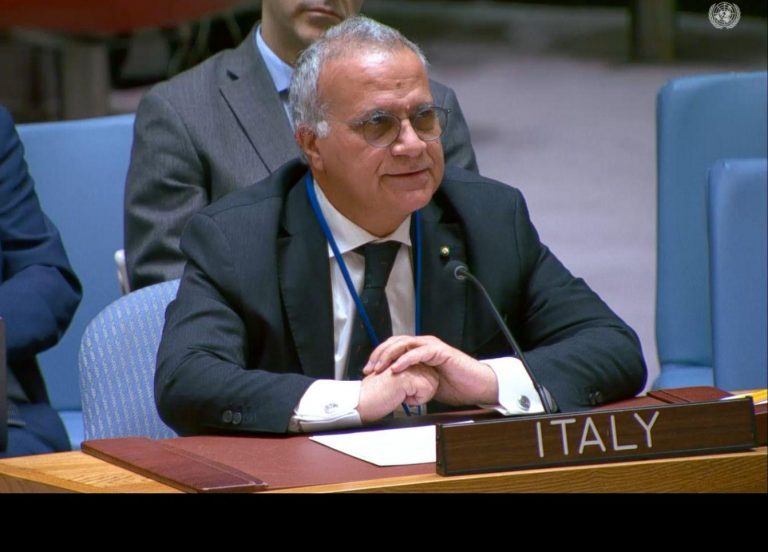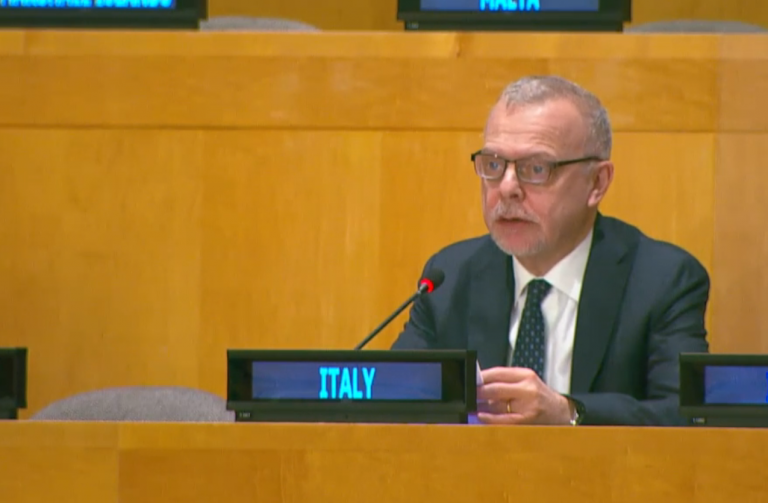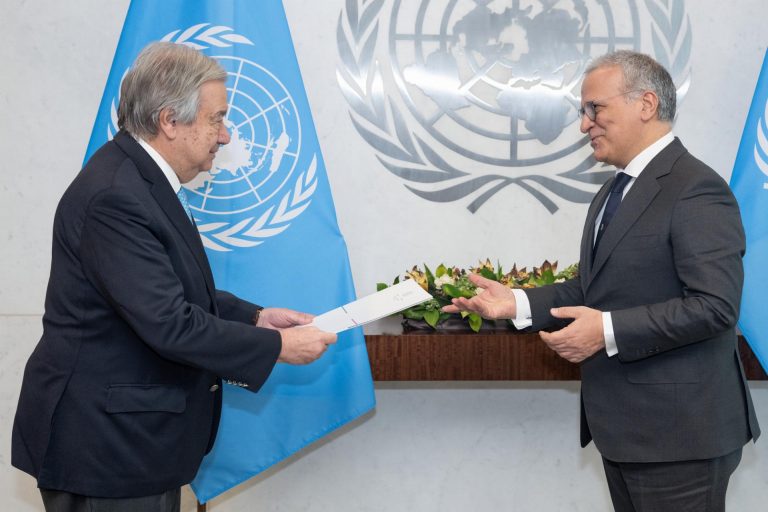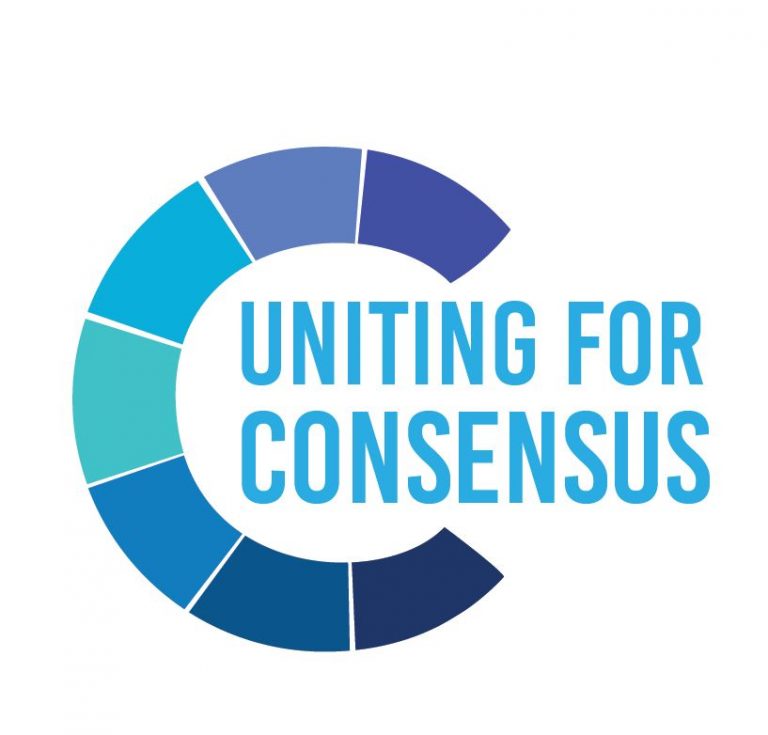Excellencies,
Mr. President of the General Assembly,
Ms. Deputy Secretary General,
Distinguished Guests,
it is my pleasure to extend a warm welcome to each and every one of you today, to engage in a discussion on “Addressing Global Food Insecurity and Famine Risk: Reinforcing Collective Impact”.
Let me begin by expressing my sincere gratitude to our co-sponsors, namely the Permanent Mission of Brazil and the Permanent Mission of Uganda, the Delegation of the European Union, FAO and WFP for their invaluable collaboration in organizing this significant event.
A special thanks to the President of the General Assembly, Ambassador Dennis Francis, and to the Deputy Secretary General of the United Nations, Amina Mohammed, for being here with us today, underscoring the paramount importance the entire UN system places on this crucial topic.
We will hear your remarks in a moment.
As we convene today, following the launch of the annual Global Report on Food Crises last week, we confront one of the most pressing challenges of our time.
As indicated in the report, the world has witnessed a disturbing rise in food insecurity over the last years, exacerbated by impact of the pandemic, conflicts, climate change, and economic instability.
It is staggering that more than 9.2 per cent of the world population, almost 800 hundred million people, is facing chronic hunger.
Despite our collective efforts, we must do more and we must do better.
Italy is deeply committed to tackling this multifaceted challenge, including in our capacity of Chair of the Group of Friends on Food Security and Nutrition here in New York, and as current Presidency of the G7.
At the core of our approach lies the acknowledgment that food insecurity is not just a consequence of food scarcity, but also of unequal access, distribution, and utilization. Our efforts must encompass increasing food production, but also improving food systems, enhancing sustainability, localization, resilience, and addressing the root causes of hunger and malnutrition.
Food insecurity is at the same time a humanitarian and development imperative. We need to implement immediate actions on food crises on the humanitarian side, while working on short-medium-and-long term development strategies for improving food systems globally.
Today, let us reiterate our collective commitment to confront food insecurity with urgency, determination, innovation and solidarity.
I thank you.








